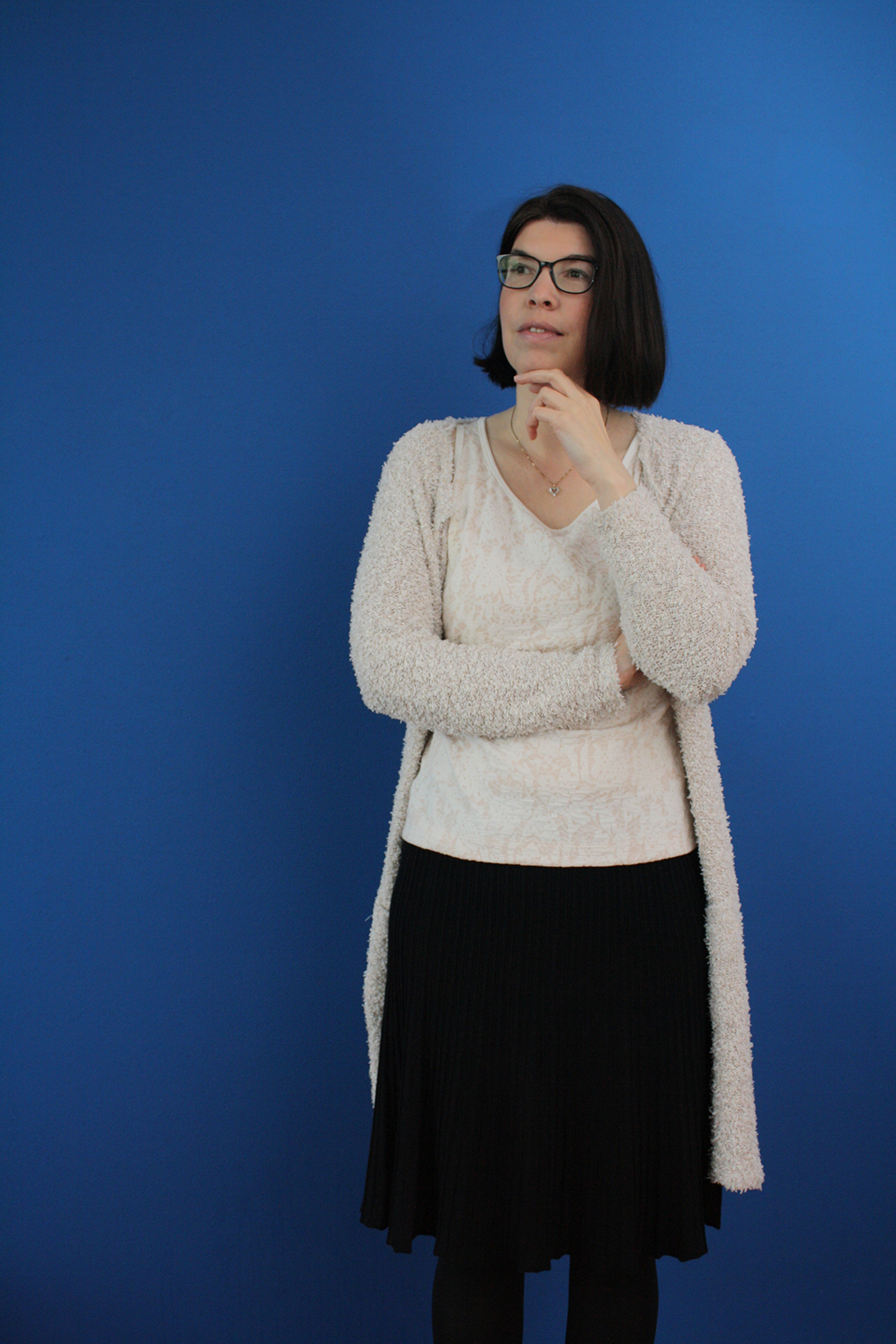Is sharing personal data a matter of all or nothing?
New digital technology is making it increasingly easy to share personal data. This brings all sorts of benefits, but it can also lead to loss of privacy and sense of responsibility. Dr. Birna van Riemsdijk, computer scientist at the Delft Data Science initiative at TU Delft and lecturer Intimate Computing, is looking for the golden mean.
Technology is constantly on the move. Applications now available were unthinkable in the past, from sensors in watches that can count your steps to apps that help to improve your sleeping pattern. This technology is used not only to collect data for the user, but also to share this data with others.
Keeping track
GPS trackers are tiny transmitters, often concealed in a watch which can, for example, be used to help parents track the location of their child. Very convenient, because it enables parents to keep an eye on what their child is up to. “The problem is that with current technology you often have to share all the data at once. That might be done with the best intentions, but it also leads to all kinds of ethical concerns. Constant surveillance by a parent may affect the privacy of the child and lead to a diminished sense of responsibility. After all, it means there is always someone watching you who can intervene when necessary,” says Van Riemsdijk.
Flexible technology
Van Riemsdijk is looking to find the golden mean with her research. She wants to take full advantage of the latest technology while doing justice to the privacy and responsibility of users. This will be done by making the technology's software more flexible. “Indeed, how exactly data should be handled depends greatly on context,” says Van Riemsdijk. “For example, you would probably like to keep a closer eye on a child with behavioural problems. The thing is that each parent has his or her own view on how to raise a child. There are wide differences among families, for instance, concerning the time of day children need to be at home. We are therefore aiming for technology that meets the norms and values of its users.”
Integrating agreements
However, current digital technology is not yet capable of technically representing and using the various agreements made between users. This is going to change, if it is up to Van Riemsdijk. She is working on technology which will not only enable users in the near future to represent their mutual agreements on data sharing in the software, but will also enable the software to interpret these agreements. For example, the software could decide that agreements on safety issues take precedence over conflicting appointments of less importance.
Developing such software is not straightforward. It means giving users much more freedom to define their data-sharing preferences. “Of course, all those additional options improve the technology, but they also add to its complexity. It is therefore important to find out if users can still understand the technology.” All in all, the initial field study was quite encouraging!
One of Van Riemsdijk's graduates developed a new app for families for sharing location data as part of the COMMIT/ project, which was subsequently tested in an out-of-school day care centre. It turned out that the children considered the flexible version of the app more usable, and it gave them a greater sense of friendship and independence.
Psychiatric disorders
Developing technology to share data in a more flexible way also has important applications in other areas, such as healthcare. Generating and sharing data could facilitate the work of healthcare providers, while patients can also use the technology to help manage a disease or disorder. The University of Twente and Scelta (GGNet), an expertise centre for treating personality disorders, are conducting research into the use of technology to treat people with a borderline personality disorder. There are indications that temper tantrums and self-injury or suicidal behaviour are preceded by physical signals such as an elevated heart rate. Once such signals can be identified, it may be possible to perform an intervention.
Together with Van Riemsdijk, research is being carried out into how this technology can be made more flexible with regard to data sharing between the therapist and the patient, based on the technology developed for GPS tracking. This too requires taking into account the privacy and responsibility of users.
User freedom
Ultimately, Van Riemsdijk would like software and app users to have greater control of how they share their data, and with whom. “We have to realise that technology is never value-free. Every new app or functionality reflects the designer's views on what it means to be human. It is important that we, the users, are able to determine the way in which we want to use an application. Sharing personal data should no longer be a matter of all or nothing. We must strive to find a golden mean. It is therefore important that we develop technology that supports this.”
